At one point or the other, many of us have thought about finding the perfect holiday bolthole that we can escape to year after year. The ideal coastal holiday apartment, or peaceful countryside retreat, perfect for relaxed weekends away or a long summer getaway. Or some of us have thought of cashing in on the increase in people holidaying in the UK. The opportunities to gain good returns on investment from holiday lets is definitely tempting. However, whilst buying a holiday house can be both a profitable and enjoyable investment, it isn’t for everyone. It is a big commitment, both in terms of time and money.
We get a number of phone calls from people who are considering buying a holiday let for the first time. Sifting through all the pros and cons can certainly be a bit of a minefield. This article highlights five key questions to think about before you put the offer in.
1. Profit or pleasure?
Perhaps the most important factor to consider before starting to look for a property is whether you are looking for a holiday home for yourself, or whether it is purely a business venture. This decision should be quite easy to make, but for some people there will be an element of both. Deciding which of the two is more important will help you with other decisions throughout the process.
Pleasure
This group of people generally want a holiday home somewhere that they have always loved. They will want to use the property themselves at weekends and for holidays. Of course you will want to see a long-term return on your investment, but the decision to let out your property is likely to be based on the need to help finance the project. In an ideal world you probably wouldn’t let your prized cottage out, but without the financial assistance of holiday makers the dream would not become a reality.
Profit
By ‘profit’ we really mean people whose primary focus is financial gain. These fall into two categories: The first category is for people who want to purchase a holiday home as a financial, long term investment. You may want to stay at the property yourselves on occasion, but the main aim is for the holiday home to pay for itself, or bring in a small profit to offset mortgage payments by holiday letting. You then have a capital asset at the end of the process. The second category is for people who own a second property, or a number of out buildings, and want to receive a regular income.
If you’re looking to make a profit on this investment, take a look at this guide on cutting the costs of owning a holiday home without compromising on quality.
2. Is it a good location?
This is likely to be easy for the pleasure owners if they’ve always dreamt of a holiday house in Cornwall by the sea, or a stone cottage in the Cotswolds. Of course, if the property that you want to holiday let is part of your home, then location is easier still.
However, if profit and investment are your main driver, then this will need careful consideration. Popular holiday hot spots such as the Lake District, the Scottish Highlands and coastal locations see high numbers of visitors every year. Some holiday lets will earn as much over the six-week school summer holiday period as a traditional buy to let property would over six months. However, peak seasons need to be balanced with the out of season downtime when visitor numbers drop. As a general rule, seaside resorts tend to be much quieter during the winter season. You, therefore, need to think about other features that can increase winter lets such as a wood burner, hot tub, accepting dogs, or offering under occupancy discounts for larger properties.
Centrally located historic towns and villages often have year-round appeal, especially if there are log fires, country walks, restaurants, interesting shops and village pubs on offer. In fact, holiday lets can work in many places across the UK. You just need to identify the key selling points of any location and think about who it would appeal to and how you will market it.
Consider how close you live to the property. Whilst you don’t need to live close by, if this is purely a business venture, it will cost money to outsource other people to manage changeovers, do the cleaning and process the laundry. You will also need to factor in ‘popping’ over to do small jobs such as putting the bins in and out in between short breaks or putting milk in the fridge and turning the heating on before guests arrive.
3. Who will it appeal to?
In today’s market, it isn’t really possible to be “all things to all people”. A young family will have different needs and expectations to a young newlywed couple, who in turn will have different requirements to a group of friends. It is a cyclical process, but the target market, size of the property, type of property and budget need to be reviewed and re-reviewed together. If you are buying a holiday home for your own use then you will be looking for something that suits your own needs. In most other cases, budget is the deciding factor. As one-bedroom cottages tend to be cheaper than eight-bedroom manor houses, your decision might be made for you.
Whilst large properties can be very lucrative, especially at the luxury end, bigger houses do not necessarily generate more income. Not only are they more expensive to buy, run and maintain, but it is likely that you will have more gaps in the calendar, especially out of season.
The ‘couples’ market can offer good letting potential as they tend to be more spontaneous with fewer restrictions to prevent them from going away, particularly at short notice. We own a one-bedroom (two-person) cottage and a two-bedroom (four-person) cottage very close to each other with a very similar offering. Our one-bedroom cottage generates slightly more income and lets better than our two-bedroom cottage. Obviously, there are other factors to consider, but in our case, the bare facts are that the cheaper of the two properties generates more income. This is something to consider if you are looking purely for investment.
Another factor for larger holiday homes is the ratio of bathrooms and toilets per guest. Whilst as a cottage owner you may be willing to share bathroom facilities with other family members, paying guests may not. One bath or shower room per four people is the minimum, and a separate toilet can be useful too. You will ideally need space for a shower as four guests each having a bath before going out will take quite a lot of planning! If you are hoping to attract couples then ensuite facilities for each bedroom is a good sales feature.
Parking is another consideration. Whilst not essential, you will lose some bookings if off-street parking isn’t provided. In some areas, especially coastal towns, parking is not an option, but then you are on an even footing with your competition. If the property that you have set your heart on does not have parking, then just be aware that you may have one or two extra empty weeks than you would otherwise have had. Having said that, we own a cottage which doesn’t have parking, but the wood burner and central location seem to make up for it, as we have a good level of bookings and repeat customers.
Think of facilities as items on a ‘scorecard’. Parking alone might not be a deal-breaker, but if your holiday home is also missing other features such as a view, desirable location, period character, contemporary design, or open fires, it will be harder to market.
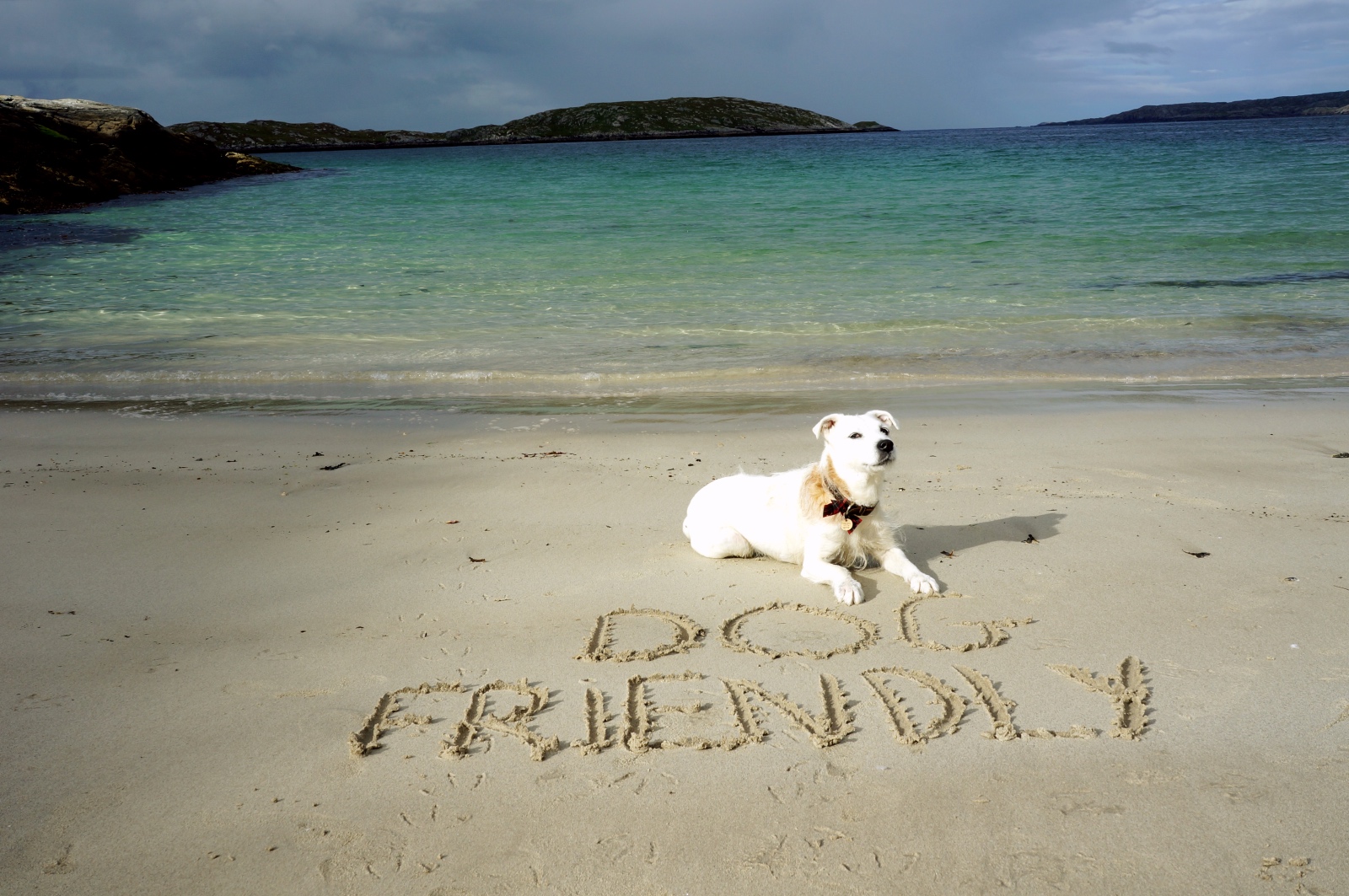
Choose the market you want to appeal to – maybe you will accept dogs, maybe you won’t accept children?
Accepting pets is a great way to boost your bookings, but you will need to make sure that the property is suitable for dogs. For example, are there plenty of dog friendly walks nearby, are the floor coverings hard wearing and is there a secure garden area?
Will the property be easy to resell? If you are entering the holiday letting market for investment purposes, then it is worth considering divestment at this early stage. Depending on your personal plans, you will most likely be selling the property at some stage. As the saying goes “you only need one buyer”, but your risk could be reduced greatly if the property has wide appeal should you need to sell quickly.
If you fall into the ‘pleasure’ category, you need to consider who you would be happy to have as a guest in your holiday house. For example, if you don’t feel comfortable having families with young children staying, you will need to be able to market it as a ‘couples’ or ‘small groups’ only holiday let.
Check out this guide that will help you work through our tick list of setting up your holiday cottage ready for renting.
4. Will it let?
Consider how you will market the property. For example, will the property photograph well? Are there views from a window? Are there any special features or facilities that will entice guests? When it comes to photography, check out our guide on how to create the perfect listing with enticing photos.
What is the Unique Selling Point (USP)? Is it the location, the views or the charm of the property? There needs to be at least one USP or it will be very hard to market.
What surrounds the property? If you have gravel pits, an airport runway or a council recycling centre next door, don’t expect much repeat business! Check out our guide here on how to make the most of repeat bookings for your holiday cottage.
5. Do the sums add up?
In terms of investment, you need to be able to think of your holiday let as a marathon, not a sprint. The initial set up costs of decorating, refurbishment and furnishing your property all need to be budgeted for. You also need to ensure that all electrical and gas fittings and appliances are tested. Check whether you need an Energy Performance Certificate (EPC) for your holiday let. Once you are set up and ready to go you will need to do the maths on the money coming in versus the money going out.
Ongoing costs of running a holiday home
This is certainly not an exhaustive list but some of the ongoing running costs will include annual charges such as a gas safety check, TV licence, Health and Safety Risk Assessment (unless you self assess), chimney sweeping, Portable Appliance Testing (PAT), insurance, advertising and website hosting. Quarterly or monthly charges will include gas, electricity, water rates, broadband and rubbish collection. And there will be costs associated with each changeover including a housekeeper or cleaner, laundry, welcome hamper and agency fees (unless you let independently). You also need to allow for ad hoc breakages and will need to budget for at least one major appliance to be replaced each year, carpets to be cleaned and a room or two to be redecorated.
You should also budget your time into the equation. You may not expect to draw a salary, especially if you have a mortgage on the property, but you will still need to factor in several hours a week of your time marketing, managing and doing changeovers.
Rental income
This will differ greatly depending on whether you chose to let through an agency or independently. Agents typically charge between 15-30% depending on the level of service that they provide. If you are looking to use your holiday home a lot yourself, then you will most likely prefer the flexibility of letting independently.
Before setting your rates and predicting your level of occupancy have a look at what your competition charge and how busy their calendars look. This will vary greatly depending on the type, location and style of your holiday property. It is impossible to predict your exact level of occupancy, but it is likely that this will increase over time as your business grows and you start getting repeat bookings.
Once you have an idea of your expenditure and likely income, it will be worth speaking to an accountant as there are tax advantages that can be considered.
Tax
Unlike long term rental properties, holiday lets are viewed as a business rather than an investment, which means that some of the tax rules applied to buy to let properties don’t apply to furnished holiday lets. This is good news! For example, if you buy a property and let it out for holiday use, you can still off-set your full mortgage interest repayments against tax, unlike under the new rules that apply to buy-to-let. You can also furnish your property and deduct the cost from your pre-tax profits.
Assuming you let out your property commercially as a furnished holiday let for at least 105 days a year and it is available for letting for at least 210 days in the year, you will also be exempt from paying council tax. Instead, you pay business rates. The Valuation Office will work out the rateable value of your property based on its type, location, size, quality and how much income you are likely to make from it. For most people with one holiday let you are likely to be eligible for small business rate relief where you pay no business rates at all. However, you will still be subject to the 3% additional stamp duty that applies to anyone buying a second home.
It is also possible to pay your income into a pension and obtain tax relief. Like any business, any profit you make on letting out your holiday home will be subject to income tax.
And finally…
Be honest with yourself. It’s easy to get caught up in the excitement of it all, so talk to people who are in the know. Conduct your own research to find out if holiday letting is for you before jumping in feet first!

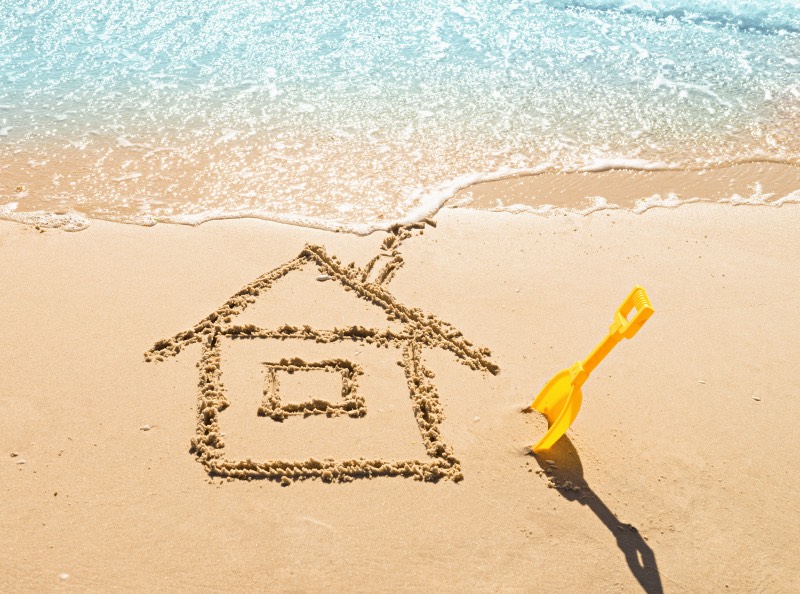
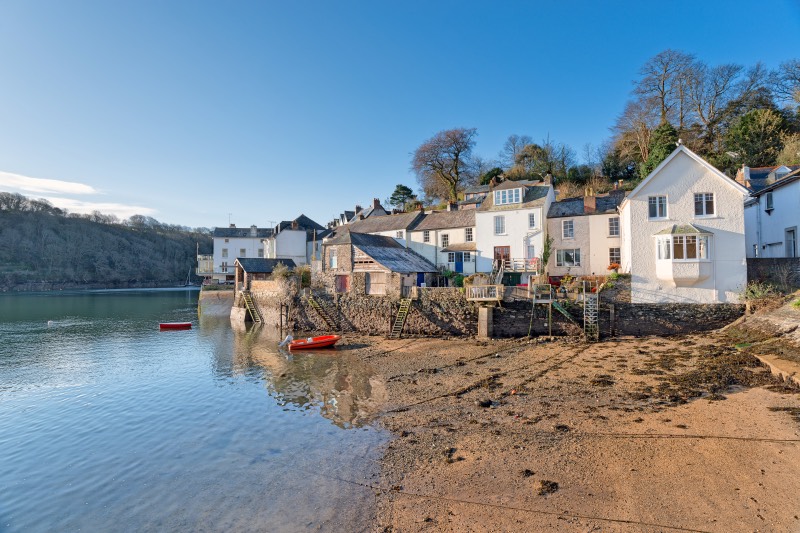
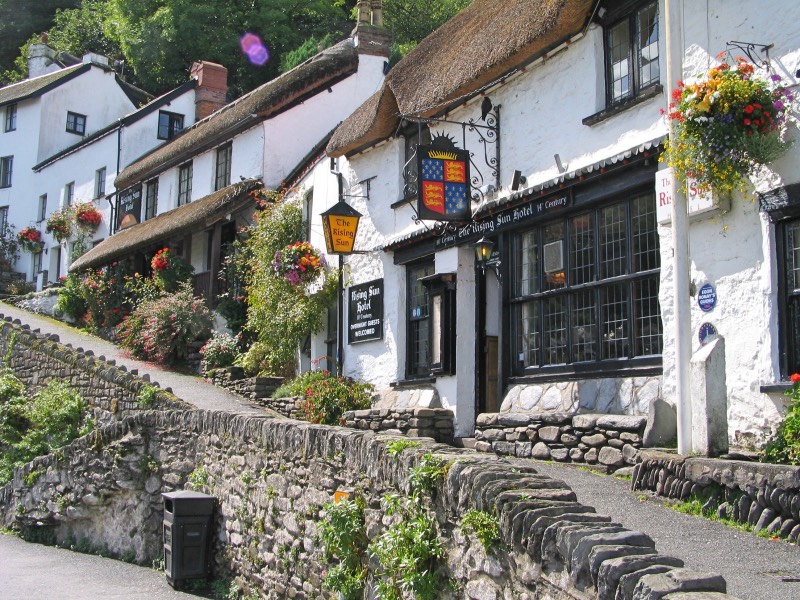
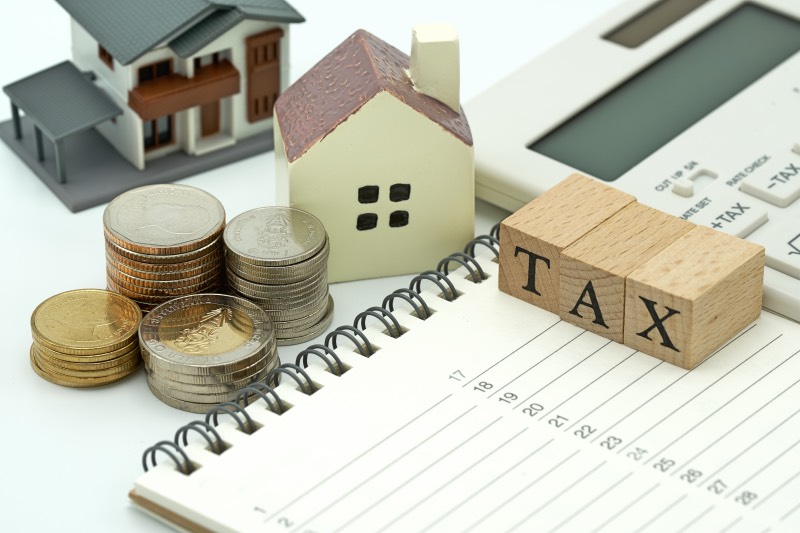
Dear Sarah,
Great article. Really useful. And thank you so much for taking the time to speak to me about your experience as a self-catering accommodation owner. It will be a tremendous help in our decision-making process about whether or not to ‘take the plunge’.
You are very welcome and if you require any further assistance, please just ask or feel free to post on here so other owners can respond and share their experiences. We are cottage owners ourselves and have run holiday cottages for over ten years so have (and continue to) picked up some useful insight into the UK self-catering market.
Good luck with your new venture.
Dear Sarah
Your information was incredibly helpful as I and my 22 year old daughter are just about to buy and run a holiday to let cottage. We both work so this is an extra project.
I wondered if you knew whether it was ok for us to joint own the cottage and whether that would affect her tax position even though I would be paying off the mortgage and collecting the letting income?
Many thanks
Gilly
Hi Gilly, I am pleased we could help. With regard to your daughters position, I would recommend that she speaks to her accountant as they should be able to clarify her tax position.